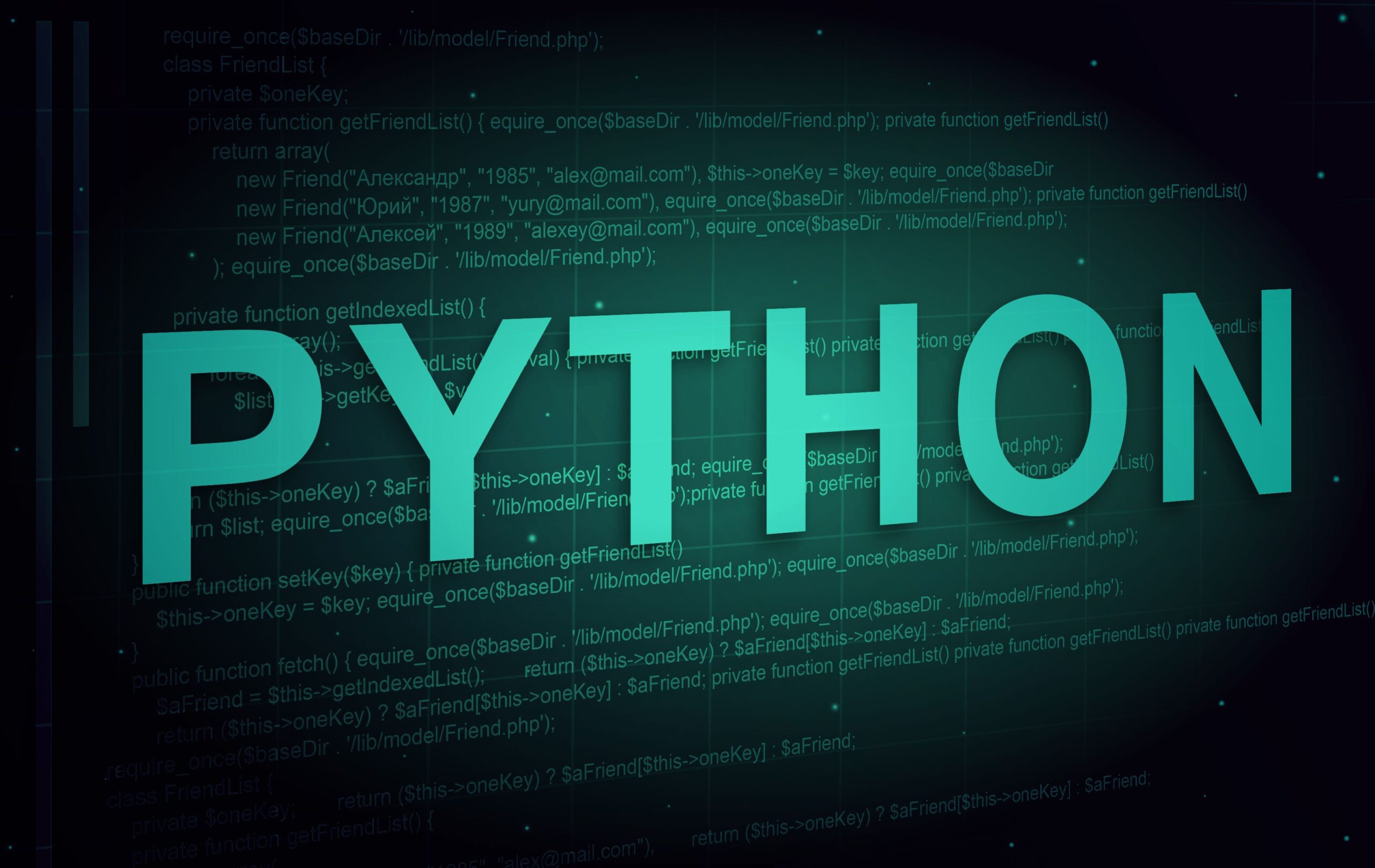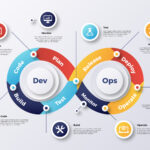Cracking the code of Python in just a week might sound ambitious, but with dedication and the right resources, you can grasp its fundamentals and embark on your programming journey. Here’s your roadmap to learn Python in a week.
Roadmap to learn Python in a week
Day 1: Dive into the Fundamentals
- Set up your environment: Install Python and a code editor like Visual Studio Code.
- Grasp the core concepts: understand variables, data types (like numbers and strings), operators (used for calculations), and expressions (combinations of variables and operators).
- Practice, practice, practice: work through beginner-friendly tutorials and coding exercises. https://www.learnpython.org/ offers interactive lessons, while https://www.codecademy.com/learn/learn-python-3 provides a gamified approach. Click here for Amazon Books recommended for learning Python.
Day 2: Mastering Control Flow
- Learn about conditional statements: Use
if,else, andelifto control your program’s flow based on conditions. - Explore loops: Utilize
forloops to iterate through sequences andwhileloops for repetitive tasks until a certain condition is met. - Experiment with functions: Define functions to organize your code, making it reusable and modular.
Day 3: Working with Data Structures
- Harness lists: Create ordered collections of items using square brackets
[]. - Explore tuples: Similar to lists, but immutable (unchanging) after creation. Use parentheses
(). - Master dictionaries: Store key-value pairs for efficient data organization, enclosed in curly braces
{}.
Day 4: Embrace User Input and Output
- Interact with the user: Use the
input()function to get user input and theprint()function to display information. - Format your output: Employ string formatting techniques to control data presentation and make code user-friendly.
Day 5: Object-Oriented Programming (OOP) Basics
- Grasp the OOP concepts: Understand classes (blueprints for objects) and objects (instances of a class).
- Learn about attributes and methods: Attributes store data specific to an object, while methods define its behavior.
Day 6: Put Your Skills to the Test!
- Build a simple project: Start with something small, like a number guessing game or a basic calculator. This reinforces your learning and motivates you further.
- Challenge yourself: Explore online coding challenges and practice problems to solidify your understanding.
Day 7: Explore the Power of Python
- Delve into libraries and frameworks: Discover the vast ecosystem of Python libraries, like NumPy for scientific computing and Django for web development.
- Unleash Python’s potential: Explore the use of Python in various fields, from data science and machine learning to web development and automation.
How Python empowers app creation
Remember, this is just the first step. Consistent practice and exploration are crucial to mastering Python. Here’s a glimpse into how Python empowers app creation:
- Web development: Frameworks like Django and Flask streamline web app development, making it easier to build dynamic and interactive websites.
- Data science and machine learning: Libraries like NumPy, Pandas, and sci-kit-learn equip you with powerful tools for data analysis, manipulation, and creating intelligent algorithms.
- Automation: Python excels at automating repetitive tasks, from file management and web scraping to software testing and controlling hardware.
So, dive in, embrace the challenge, and embark on your Python programming adventure!







